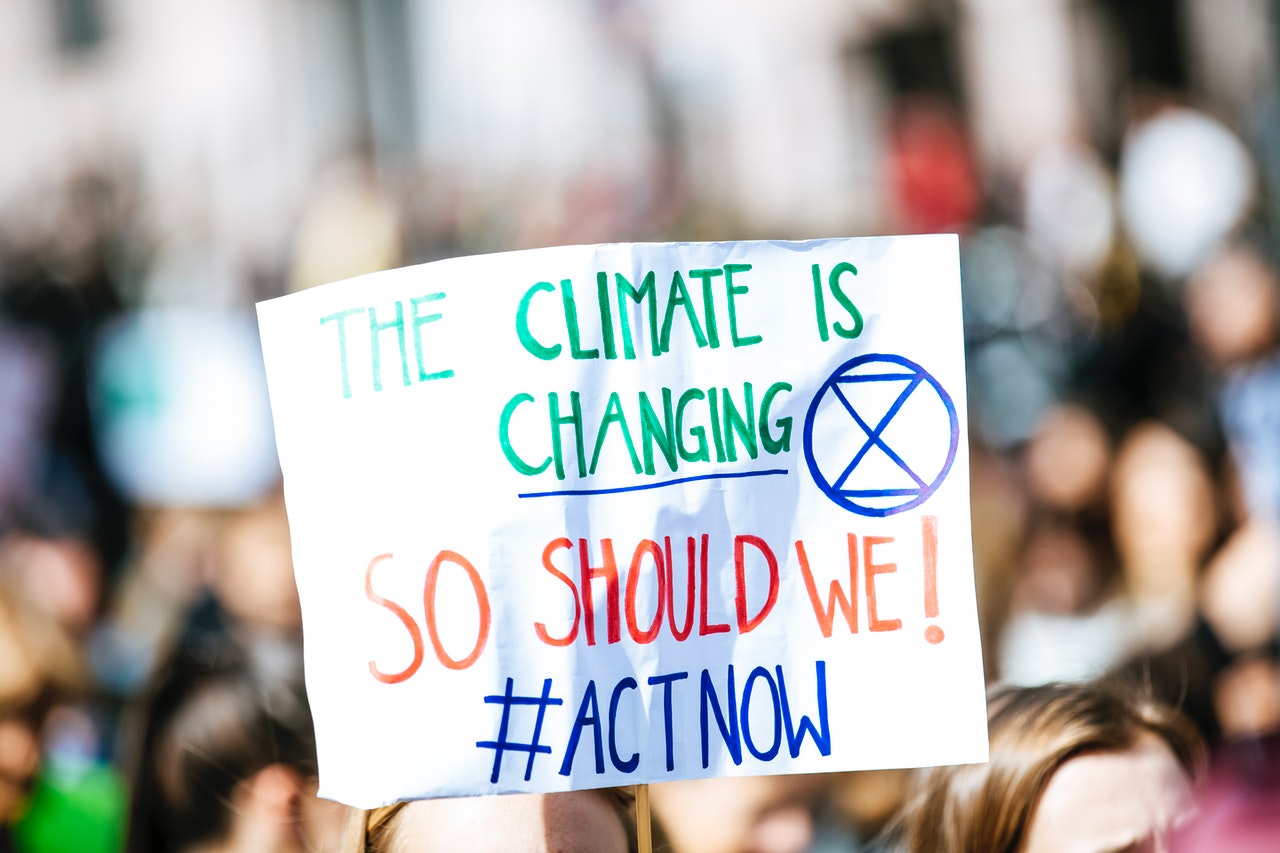Features
Individual Actions We Can Take To Mitigate The Risks of Climate Change

A new report by the United Nations warns that more than 100 million “extremely poor” people across Africa are threatened by accelerating climate change that could also melt away the continent’s few glaciers within two decades. The report says that “By 2030, it is estimated that up to 118 million extremely poor people will be exposed to drought, floods, and extreme heat in Africa if adequate response measures are not put in place.”
From the increases in temperature, variable rainfall, rise in sea level and flooding, drought and desertification, land degradation, more frequent extreme weather events, affected fresh water resources and loss of biodiversity, we can no longer, at this point, deny the effects of climate change in our country and in the world at large. But while the discussion about climate change has been on for a really long time, many people have not fully grasped its implications and are not taking measurable steps to mitigate its risks.
The effect of climate change in an economically unstable and volatile country like Nigeria will be dire in coming years. Sharp increases in extreme heat are already affecting the many millions of people without access to air conditioning or electricity, and threatening Nigeria’s largely rain-fed agricultural sector. Some suggest. There are also concerns that climate change could fuel the risk of conflict in the north.
Environmental pollution is a big issue in Nigeria. Nigeria has lost much of her habitable environment due to environmental degradation and pollution, which destroys crops and aquaculture through the contamination of waterways, ground water, and soil and causes flaring of associated gas. Recently, President Muhammadu Buhari attended the 26th Conference of Parties (COP26) to the United Nations Framework Convention on Climate Change (UNFCCC), in Glasgow, Scotland. But beyond tackling climate change on a global scale, it is important that everyone of us, in our homes and little corners, contribute to making our environment safe and reducing the risk of climate change.
Many of these are caused by our daily bad habits. Look around you, our gutters are clogged, our streets are littered with plastics, the air we breathe in are easily polluted, more than ever , we must begin to take conscious steps to ensure our env
What Can You Do?
The very first thing we all have to do is have a positive attitude towards our environment and embrace a culture of hygiene. When you drink water on the bus, what do you do with the plastic? Do you fling it off the window or throw it in the gutters? When you walk on a street that has already been swept by LAWMA, do you litter it with nylons, egg shells, and all? If you do these, it shows you do not care about our environment or the health implications of polluting it. Our ‘little’ daily habit looks very inconsequential in the larger scheme of things, but that bottle of Fanta you just threw into the gutter would join hundreds or thousands more, block waterways and potentially lead to erosion or flooding. It’s the little things we do everyday that give rise to larger problems.
Proper waste disposal is important in mitigating the risks of climate change. The World Health Organisation estimates that “every year, exposure to air pollution is estimated to cause seven million premature deaths and result in the loss of millions more healthy years of life. In children, this could include reduced lung growth and function, respiratory infections and aggravated asthma.” A report shows that in Lagos, air pollution resulted in 11,200 premature deaths in 2018 alone.
Burning your tires or refuse seems like the perfect waste disposal method, but what you are doing is polluting the environment and contributing to the death of thousands of people. Rather than burn your ‘pure water’ sachets, plastic or tyres, or throw them in canals and gutters, you can donate them to recycling companies like Freetown Waste Management Limited, Planet 3R, WeCyclers, African Creative Hub, and so on. That way, they are made into reusable goods, our environment is, to a large extent, kept clean, and the health of people improves.
Of course, the issue of climate change is quite weighty, but in making the world safe and healthy for all, we all must put in our individual effort. If you can, plant a tree in your home or street. If your car is not in good shape, don’t drive it – car pollution is one of the major causes of global warming as they emit carbon dioxide and other greenhouse gases. Embrace more eco-friendly lifestyles like making use of paper bags in place of nylons and plastics. Above all, dispose of your waste properly and keep your environment clean at all times. Together, we can save our planet.
***
Photo by Markus Spiske from Pexels




















